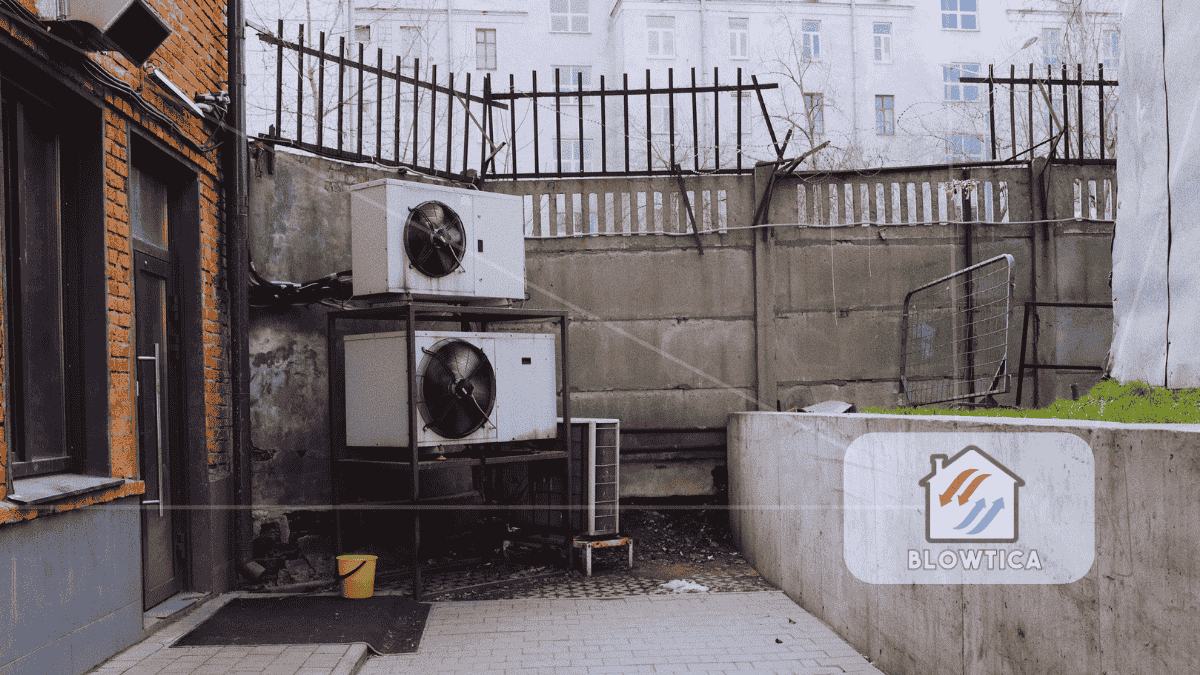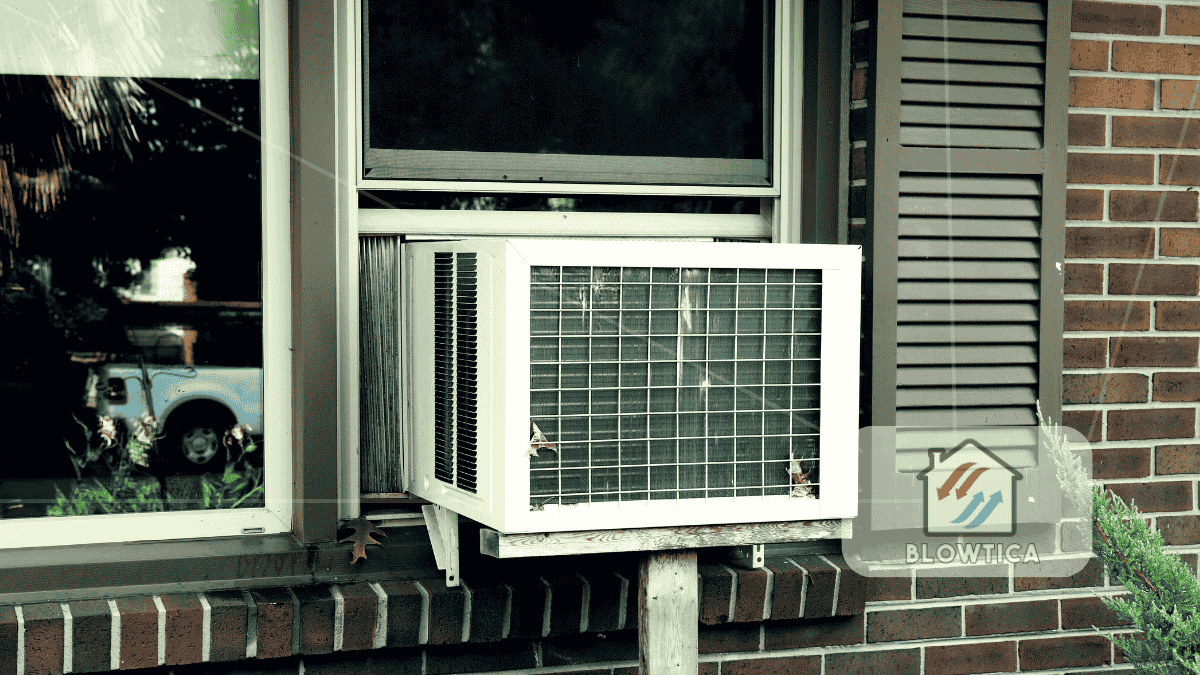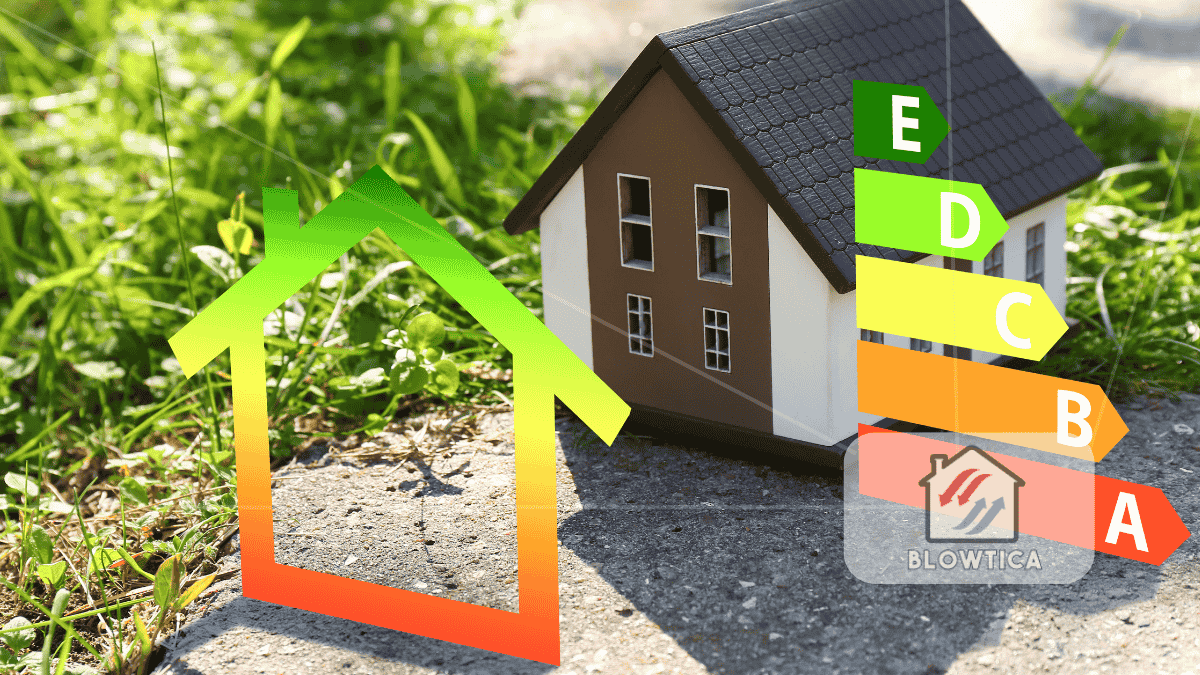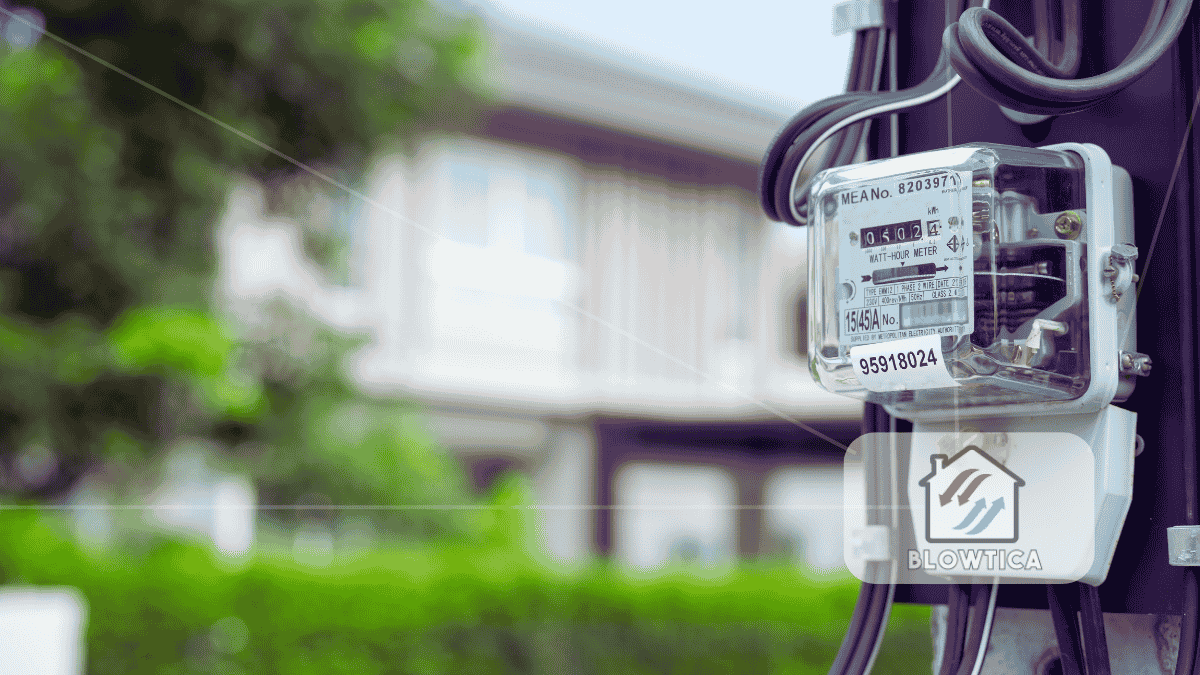
Choosing the right HVAC system for your home is a major decision. It impacts your daily comfort, long-term energy costs, and even your indoor air quality. With so many choices available today, it can be tough to know where to begin. But when you take into account your home size, climate, and personal priorities, the right system becomes much easier to identify.
This guide breaks down the essentials of HVAC systems, offers a side-by-side comparison of system types, and outlines what you need to know to make a smart, future-proof investment in your home comfort.
What Is an HVAC System?
HVAC stands for Heating, Ventilation, and Air Conditioning. It’s the system responsible for regulating temperature, controlling humidity, and filtering the air inside your home. A typical HVAC system for your home includes elements like a furnace, air conditioner, ductwork (if applicable), thermostats, and filtration mechanisms. Some units combine heating and cooling into a single system, while others use separate components.
Types of HVAC Systems
The market offers several HVAC system types, each with its own advantages depending on the layout of your home, the local climate, and your energy goals.
1. Split Systems
A traditional choice, split systems have separate indoor and outdoor units. The furnace or air handler is installed indoors, and the air conditioning compressor sits outside. This type of HVAC system for your home is ideal if you already have ductwork in place. It offers strong performance and straightforward maintenance.
2. Hybrid Split Systems
A hybrid split system is a step up in efficiency. It combines a gas furnace with an electric heat pump, giving homeowners the flexibility to switch energy sources depending on cost and weather conditions. Hybrid systems work well in areas with varying seasonal temperatures.
3. Ductless Mini-Split Systems
These systems consist of a compact outdoor compressor and one or more indoor air handlers. They don’t rely on ducts, making them perfect for older homes, additions, or zoned climate control. Each indoor unit can be controlled independently, offering personalized comfort room by room.
4. Packaged Heating and Cooling Systems
All components are contained in a single unit, usually placed on the roof or next to the home. These systems are common in smaller houses or homes without the space to accommodate separate units. They’re compact and easier to install but can be less efficient than split systems.
5. Geothermal Heat Pump Systems
Geothermal systems harness energy from the ground to heat and cool your home. While expensive upfront, they offer low operating costs, consistent performance, and a significantly reduced environmental footprint. If you’re looking for a long-term, sustainable HVAC solution, this might be your best bet.
New Section: Heat Pumps vs. Traditional HVAC Systems
If you’re weighing heat pumps against traditional furnaces and air conditioners, here’s a quick comparison:
- Heat Pumps: These systems can both heat and cool. They’re energy efficient and ideal for moderate climates. New cold-climate heat pumps can now work well even in frigid temperatures.
- Traditional HVAC: These systems use a furnace for heating and an air conditioner for cooling. They’re often more powerful for extreme weather conditions but can be less efficient overall.
Consider your local climate and energy rates before deciding which technology fits best.
Key Factors When Choosing the Right HVAC System for Your Home
Selecting an HVAC system for your home requires looking beyond brand names and price tags. Think holistically about performance, compatibility, and long-term value.
1. Size and Home Layout
An oversized HVAC system will cycle too frequently, wasting energy and wearing out parts. An undersized unit may run nonstop, trying and failing to maintain comfort. A professional should conduct a Manual J load calculation, factoring in your home’s square footage, insulation, window count, and orientation.
2. Energy Efficiency Ratings
Efficiency should be high on your list. Look for:
- SEER (Seasonal Energy Efficiency Ratio) for cooling
- AFUE (Annual Fuel Utilization Efficiency) for heating
- HSPF (Heating Seasonal Performance Factor) for heat pumps
Higher ratings mean more efficiency and lower monthly energy bills. While efficient systems often cost more upfront, they usually pay for themselves through savings over time.
3. Regional Climate
Your environment plays a big role in the type of system you need. Hot climates call for systems with high cooling capacity and strong SEER ratings. Cold climates demand reliable heating, often with gas furnaces or cold-weather heat pumps. Mixed climates benefit most from hybrid systems or dual-fuel setups.
4. Condition of Ductwork
If your current ductwork is leaky, clogged, or undersized, it can make even the best HVAC system underperform. Sealing and insulating ducts can boost system efficiency by up to 20%. If your home lacks ducts entirely, ductless mini-splits may offer a better path.
5. Budget and Lifetime Costs
The price of an HVAC system includes installation, energy use, upkeep, and eventual repairs. It’s smart to invest in a system that balances affordability and long-term savings. Don’t forget to ask about rebates, financing options, and energy tax credits available in your area.
6. Air Quality Needs
For households with pets, allergies, or respiratory concerns, air quality is crucial. Some HVAC systems come with built-in filtration upgrades, UV lights, or humidifiers. You can also add these features as separate components. Good ventilation and filtration improve not just comfort, but also health.
7. Smart Technology Integration
Today’s HVAC systems often support smart thermostats, zoning, voice control, and smartphone apps. These tools can fine-tune comfort while optimizing efficiency. If you’re tech-savvy or want hands-free control, look for models that sync with your preferred smart home platform.
8. Noise Levels
Don’t overlook sound. Some older or lower-end systems can be loud during startup or operation. If your HVAC unit will be near a bedroom or living space, prioritize models with quiet operation ratings or noise-dampening features.
Installation Quality Matters
The quality of installation can make or break even the most advanced HVAC system. A poorly installed system might suffer from airflow issues, energy loss, or premature breakdowns.
Always hire licensed professionals with good reviews and experience in the system type you’re choosing. Make sure they perform system balancing, leak checks, and post-installation testing.
Maintenance Tips for Longevity
Your HVAC system needs consistent care to stay reliable. Here’s a simple maintenance checklist:
- Replace or clean filters monthly or as recommended
- Schedule professional tune-ups in spring and fall
- Keep outdoor units clear of debris
- Inspect and seal ducts as needed
- Watch for uneven heating or cooling
Consistent maintenance can extend system life, lower your bills, and reduce the risk of unexpected repairs.
Common Mistakes to Avoid
Some pitfalls can cost you time, money, and comfort. Avoid these common errors:
- Ignoring proper sizing: Always base system size on a load calculation, not square footage alone.
- Going for the lowest price: Cheap systems may cost more in the long run due to inefficiency or repairs.
- Skipping annual maintenance: Deferred maintenance shortens system life and reduces performance.
- Not exploring all options: Ask your contractor to present multiple system types and efficiency levels.
Comparing Brands and Models
Many top brands manufacture reliable HVAC systems, but differences in features and warranties matter. Popular choices include Trane, Lennox, Carrier, Rheem, Goodman, and American Standard.
When comparing:
- Review warranty length and terms
- Evaluate service availability in your area
- Consider build quality and part availability
- Check energy ratings and noise levels
Ask your installer for brand-agnostic advice to match the best model to your specific needs.
Final Thoughts
Selecting the right HVAC system for your home is one of the most important choices you’ll make as a homeowner. It’s not just about staying warm in the winter or cool in the summer, it’s about comfort, efficiency, and peace of mind for years to come.
By understanding your options, assessing your home’s needs, and working with a trusted HVAC professional, you can install a system that delivers reliable performance while keeping energy costs in check. Whether you’re upgrading an old unit or building new, the best HVAC system for your home is one that fits your lifestyle, adapts to your climate, and supports your comfort every day.








